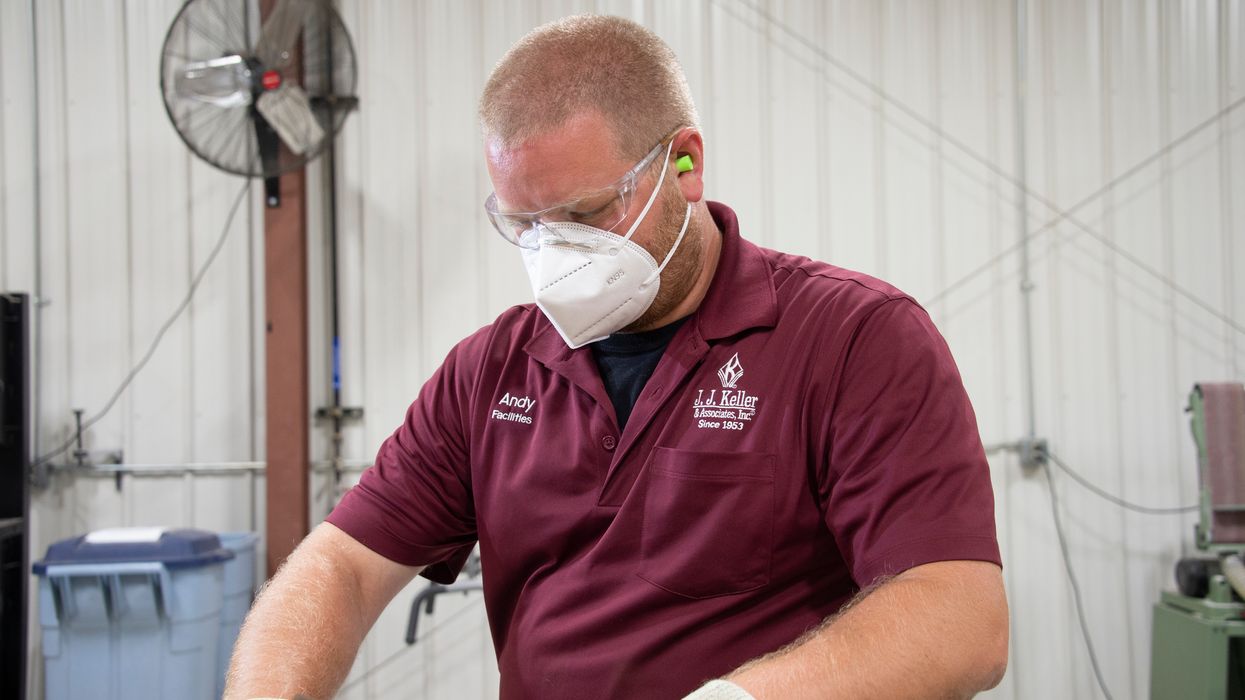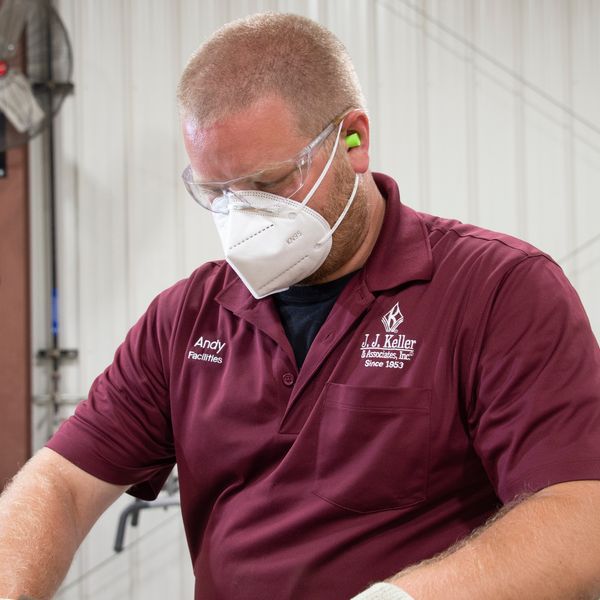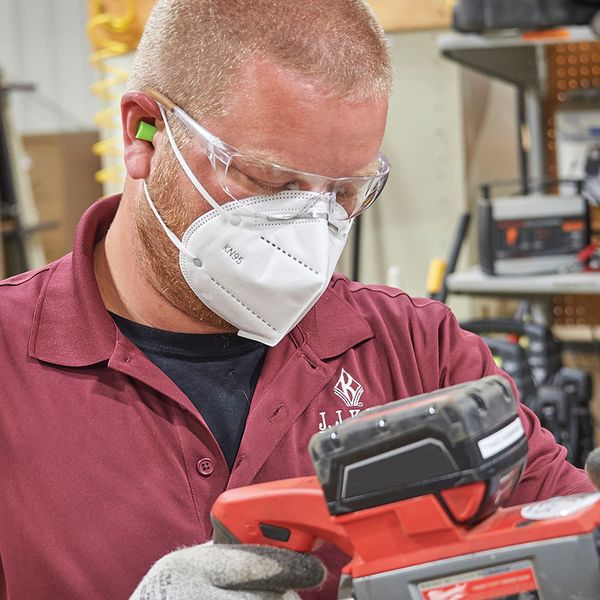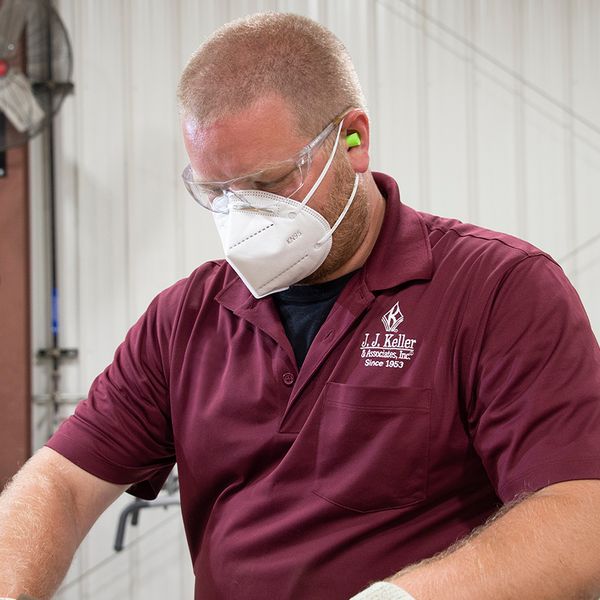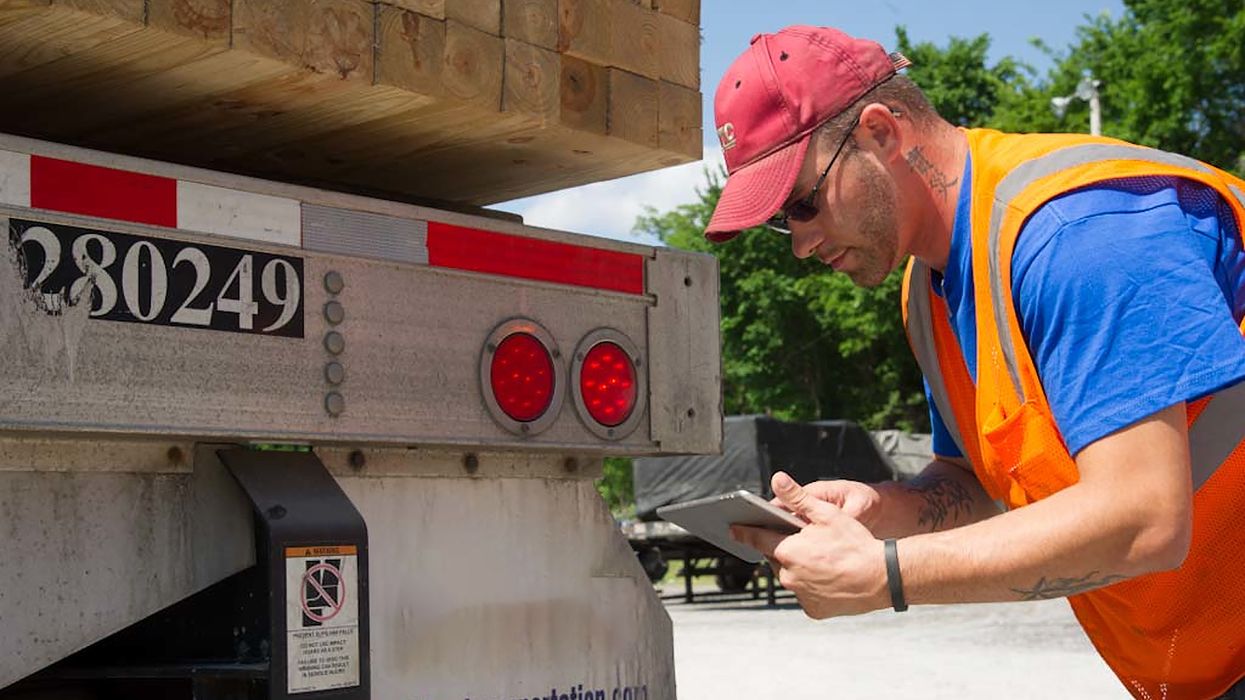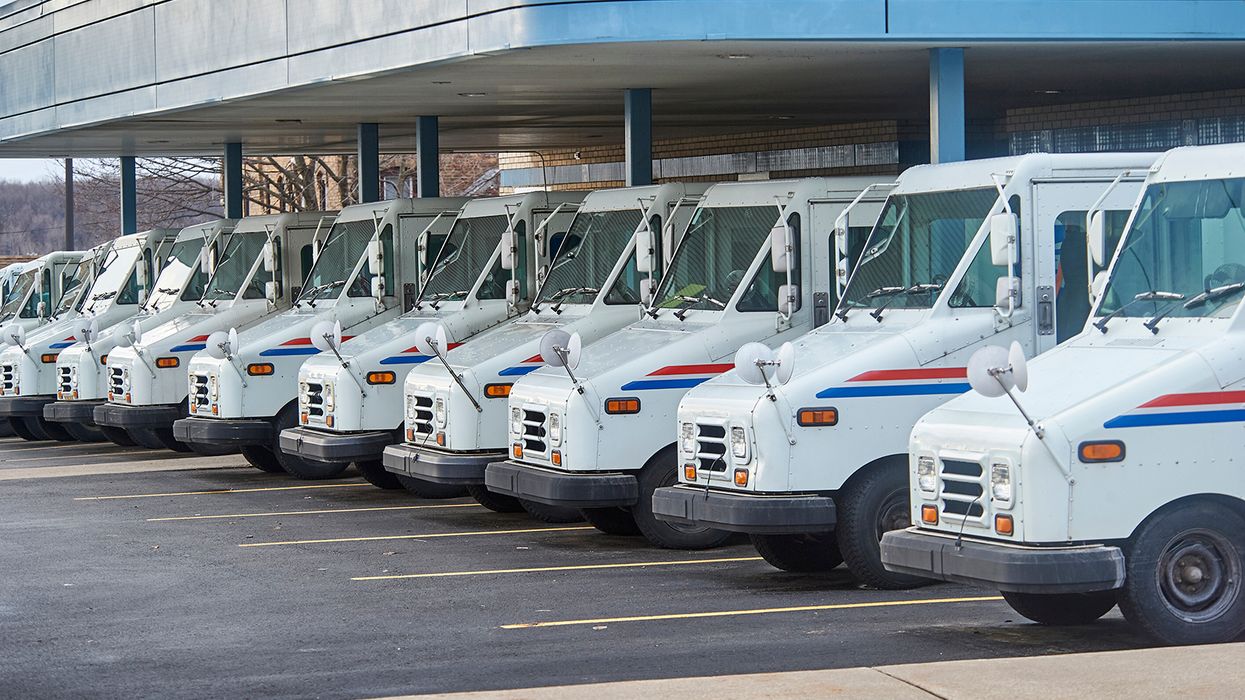Voluntary use of dust masks: Are you in compliance?
OSHA refers to disposable paper respirators (or dust masks) as “filtering facepieces.” This type of respirator is defined in OSHA’s Respiratory Protection Standard as a “negative pressure particulate respirator with a filter that is an integral part of the facepiece or with the entire facepiece composed of the filter medium.”
Written program
When workers use dust masks voluntarily, the company is obligated to determine that:
- The respirator will not create a hazard,
- The dust mask is not dirty or contaminated, and
- Their use does not interfere with the workers’ ability to work safely.
Before use, provide a copy of the Standard’s Appendix D to each voluntary wearer. This provides basic information on the proper use of respirators to voluntary users. When filtering facepiece respirators are necessary due to atmospheric hazards, however, you must establish and implement a written respiratory protection program with worksite-specific procedures, including worker medical evaluations.
Medical evaluation
Workers who use filtering facepiece respirators voluntarily are not required to have medical evaluations. When atmospheric hazards warrant the use of a filtering facepiece respirator, the full requirements under the Standard apply, including the medical evaluation requirements.
Fit test
Respirators worn when not required by OSHA or the employer don’t require a fit test. Voluntary users are not prohibited from having a beard, even though good industrial hygiene practice recommends that facial hair that interferes with the face-to-facepiece seal should be avoided.
Cost
Your company isn’t required to incur any costs associated with voluntary dust mask users, other than providing each of them with the information in Appendix D. If you allow the voluntary use of respirators other than filtering facepieces, then costs associated with ensuring the respirator itself does not create a hazard, such as medical evaluations and maintenance, must be provided at no cost to the worker. If your jobsite does purchase masks for workers to use, make sure they understand that its use is voluntary. For voluntary use, though, your company doesn’t need to purchase masks.
Also, even when workplace hazards don’t warrant respiratory protection, workers who voluntarily wear filtering facepieces (dust masks) need to understand how to use and care for them properly.
Key to remember: When atmospheric hazards don’t warrant the use of a dust mask type respirator, but one of your workers wants to wear it anyway, your company has certain responsibilities as an employer, according to OSHA.

